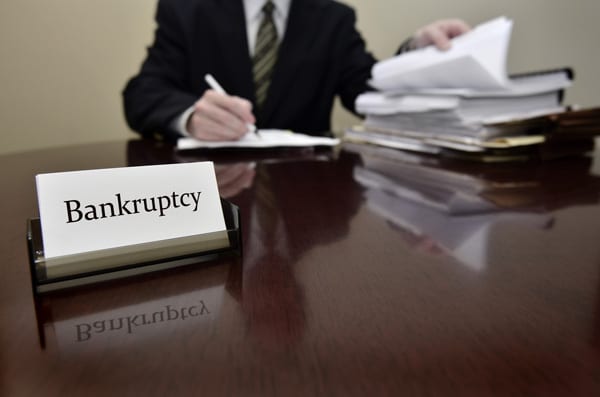Navigating Bankruptcy: Expert Guidance for Self-Employed Professionals

Navigating financial difficulties as a self-employed individual can be particularly challenging. The unique nature of self-employment income, coupled with managing personal and business finances, often leads to complex financial situations. When debts become overwhelming, bankruptcy may be a viable solution. However, many self-employed persons in Clearwater might wonder if they can file for bankruptcy and the implications. Understanding the bankruptcy process and the role of a bankruptcy lawyer can provide clarity and guidance in these trying times.
Self-employed individuals have the same rights as traditionally employed persons to file for bankruptcy. The process, while intricate, is designed to offer relief from unmanageable debt. Two common types of bankruptcy filings relevant to self-employed individuals are Chapter 7 and Chapter 13 bankruptcies, each serving different purposes and offering distinct advantages.
Chapter 7 bankruptcy, often called liquidation bankruptcy, is suitable for individuals with limited income who cannot repay their debts. This type of bankruptcy involves liquidating non-exempt assets to pay off creditors. This can mean selling business assets or personal property for self-employed individuals, depending on what is deemed non-exempt under Florida bankruptcy law. A bankruptcy lawyer in Clearwater can help determine which assets are exempt, thereby protecting them from liquidation.
To qualify for Chapter 7, self-employed individuals must pass the means test, which compares their income to the median income in Florida. If their income is below the median, they are likely eligible for Chapter 7. The process involves filing detailed financial information, including income, expenses, debts, and assets. A bankruptcy lawyer can assist in preparing these documents accurately, ensuring that all necessary information is provided.
Chapter 13 bankruptcy, on the other hand, is known as a reorganization bankruptcy. It allows individuals to create a repayment plan to pay off their debts over three to five years. This type of bankruptcy benefits self-employed individuals who have a steady income but are overwhelmed by debt. Instead of liquidating assets, Chapter 13 allows individuals to keep their property and pay off debts over time. This can be particularly advantageous for self-employed persons who rely on their business assets to generate income.
In Chapter 13, self-employed individuals must propose a repayment plan outlining how to pay off their debts. This plan must be approved by the bankruptcy court. A bankruptcy lawyer can be invaluable in crafting a feasible and acceptable repayment plan. They can also negotiate with creditors on the debtor’s behalf to secure more favorable repayment terms.
The decision to file for bankruptcy is not to be taken lightly, especially for self-employed individuals whose business and personal finances are often intertwined. Consulting a bankruptcy lawyer is crucial in this process. They can comprehensively evaluate the financial situation, explain the nuances of bankruptcy laws, and help decide the most appropriate type of bankruptcy to file.
It is also important for self-employed persons to consider the impact of bankruptcy on their business operations. While Chapter 7 may result in liquidating business assets, Chapter 13 allows for the continuation of business operations under a repayment plan. Understanding these implications with the guidance of a bankruptcy lawyer ensures that individuals can make informed decisions that align with their long-term financial goals.
Moreover, a bankruptcy lawyer can offer advice on alternatives to bankruptcy. In some cases, debt negotiation, settlement, or restructuring may be viable options that can provide relief without the need to file for bankruptcy. Exploring these alternatives can prevent the potential negative consequences of a bankruptcy filing, such as damage to credit scores or loss of assets.
Self-employed individuals in Clearwater can file for bankruptcy when faced with insurmountable debt. Whether through Chapter 7 liquidation or Chapter 13 reorganization, bankruptcy can provide a path to financial stability. However, the complexities of the process make it imperative to seek the expertise of a bankruptcy lawyer. With professional guidance, self-employed individuals can navigate bankruptcy effectively, protect their assets where possible, and work towards rebuilding their financial future.



